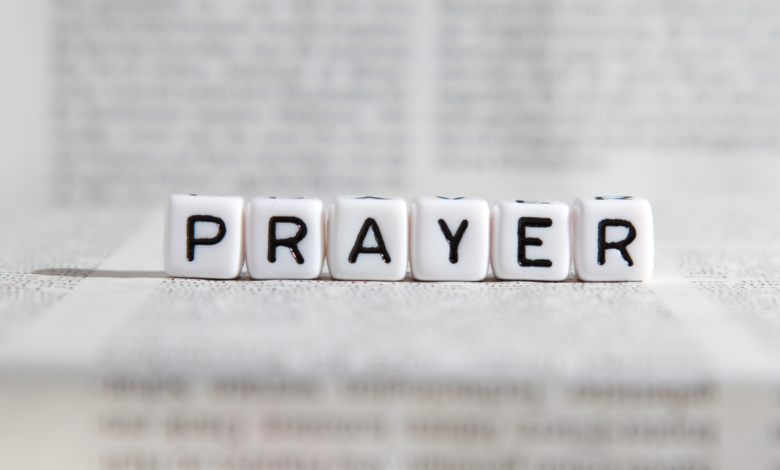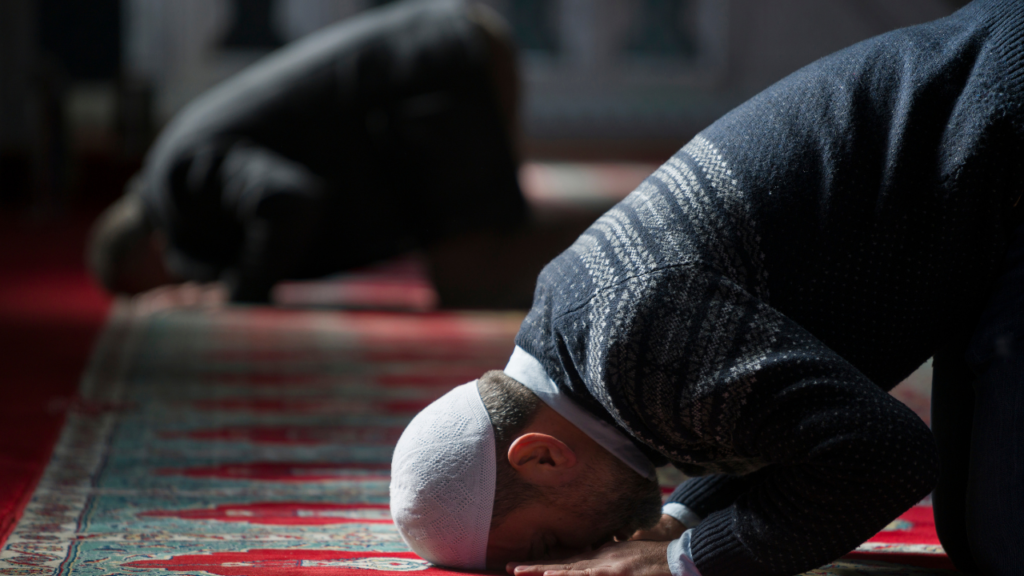What Time is the Muslim Prayer?
The Sun's Rhythm: Understanding the Timings and Significance of Muslim Prayers

What Time is the Muslim Prayer?
]The five daily prayers in Islam are Fajr (pre-dawn), Dhuhr (noon), Asr (afternoon), Maghrib (evening), and Isha (night).

Introduction
The daily ritual of prayer is one of the fundamental pillars of Islam, and it plays a central role in the life of a Muslim. These daily prayers, known as Salat or Salah, are prescribed at specific times throughout the day and night. The timing of these prayers is determined by the position of the sun, and it is a crucial aspect of Islamic worship. In this article, we will explore the timings of the Muslim prayer and the significance of each prayer time.
The Five Daily Prayers
Muslims are required to perform five daily prayers, which are as follows:
- Fajr: The pre-dawn prayer, performed before sunrise.
- Dhuhr: The noon prayer, performed after the sun passes its zenith.
- Asr: The afternoon prayer, performed in the late afternoon.
- Maghrib: The evening prayer, performed just after sunset.
- Isha: The night prayer, performed after twilight has disappeared.
Also check.
- What is Nikkah in Islam?
- What are the Holy Books of Islam?
- Who is Dajjal in Islam?
- Why is Pork Haram in Islam?
- What was the first battle that Prophet Muhammad fought?
Timing of the Prayers
The timing of the Muslim prayers is closely linked to the sun’s movement throughout the day and night. These specific times are calculated based on the position of the sun relative to the horizon and are divided into five periods:
- Fajr: This prayer is performed before dawn when there is a faint light on the horizon but before the sun rises. It is the first prayer of the day and serves as a reminder of the importance of starting the day with devotion to God.
- Dhuhr: The Dhuhr prayer is performed when the sun has passed its zenith, which is the highest point in the sky. This typically occurs around noon. Dhuhr prayer marks the halfway point of the day and serves as a pause to reflect on one’s faith amidst the daily activities.
- Asr: Asr is performed in the late afternoon, usually in the period between mid-afternoon and just before sunset. It is a time for Muslims to seek renewal and strength through prayer during the latter part of the day.
- Maghrib: Maghrib is the evening prayer and is performed just after sunset when the sky starts to darken. It is a time to give thanks for the blessings of the day and seek forgiveness for any shortcomings.
- Isha: Isha is the night prayer and is performed after twilight has disappeared from the sky. It is the final prayer of the day and serves as a means for reflection and seeking God’s guidance before retiring for the night.
Significance of the Timings
The specific timing of the prayers holds deep symbolic and spiritual significance for Muslims. It serves as a constant reminder of their faith and the need to maintain a strong connection with Allah throughout the day. Each prayer time allows Muslims to momentarily detach from the worldly matters and turn their focus to their Creator.
Additionally, these prayer times are not arbitrary but are based on the natural rhythm of the day and night. This alignment with the sun’s movement reflects the harmony that exists between nature and spirituality in Islam. It also encourages mindfulness and discipline, as Muslims must plan their daily activities around these prayer times.
Conclusion
The timing of the Muslim prayer is a vital aspect of Islamic worship, designed to keep Muslims connected to their faith throughout the day. These five daily prayers, spread across various times, serve as a constant reminder of the importance of spiritual devotion and reflection in a busy world. By adhering to these prayer times, Muslims find moments of peace and connection with their Creator, enriching their lives with a deeper sense of purpose and spirituality.

FAQs
What are the five daily prayers in Islam?
The five daily prayers in Islam are Fajr (pre-dawn), Dhuhr (noon), Asr (afternoon), Maghrib (evening), and Isha (night).
How are Muslim prayer times determined?
Muslim prayer times are determined based on the position of the sun in the sky. Each prayer has a specific time window during which it should be performed.
What is the significance of praying at specific times during the day?
Praying at specific times serves as a reminder of one’s faith and a means to maintain a strong connection with Allah throughout the day. It encourages mindfulness and discipline.
What is the importance of the Fajr prayer?
The Fajr prayer is the first prayer of the day and is performed before sunrise. It symbolizes the importance of starting the day with devotion to God.
When is the Dhuhr prayer performed?
The Dhuhr prayer is performed around noon, after the sun has passed its zenith. It serves as a moment of reflection amidst daily activities.
What is the significance of the Asr prayer?
The Asr prayer, performed in the late afternoon, represents seeking renewal and strength through prayer during the latter part of the day.
When is the Maghrib prayer observed?
The Maghrib prayer is performed just after sunset when the sky begins to darken. It is a time to express gratitude and seek forgiveness.
What is the Isha prayer and when is it performed?
The Isha prayer is the night prayer and is performed after twilight has disappeared from the sky. It is a time for reflection and seeking guidance before retiring for the night.
Do the prayer times change with location and season?
Yes, the prayer times vary with location and season due to differences in the length of daylight. Muslims use prayer time tables or smartphone apps to determine the exact prayer times for their location.
Can Muslims combine prayers if they are unable to pray at the designated times?
In certain circumstances, such as travel or illness, Muslims are allowed to combine two prayers, either Dhuhr and Asr or Maghrib and Isha. However, this is not a regular practice and is subject to specific conditions.




